Facebook scams
Facebook scams

What's coming up
In this activity, you’ll learn how to identify possible scams on Facebook.
You’ll also learn what to do if you believe you've been scammed.
Start activityFacebook, like many other social media platforms, allows users to share content freely with other users. Because of social media sites being so popular, however, they are also a favourite destination for scammers, and online scams are a growing business.
Sadly, recent reports from the Australian Competition & Consumer Commission (ACCC) show that Australians were cheated out of more than $28.6 million in 2019 due to online dating and romance scams. People aged 45-64 were the most affected group.
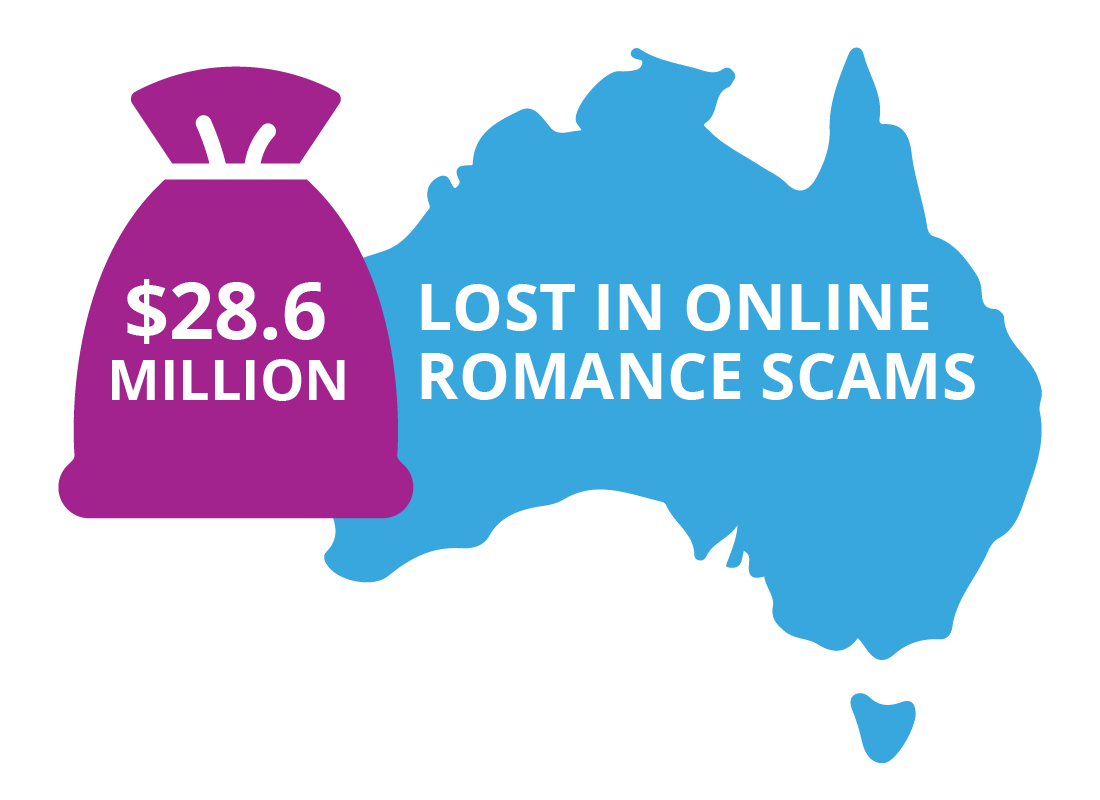
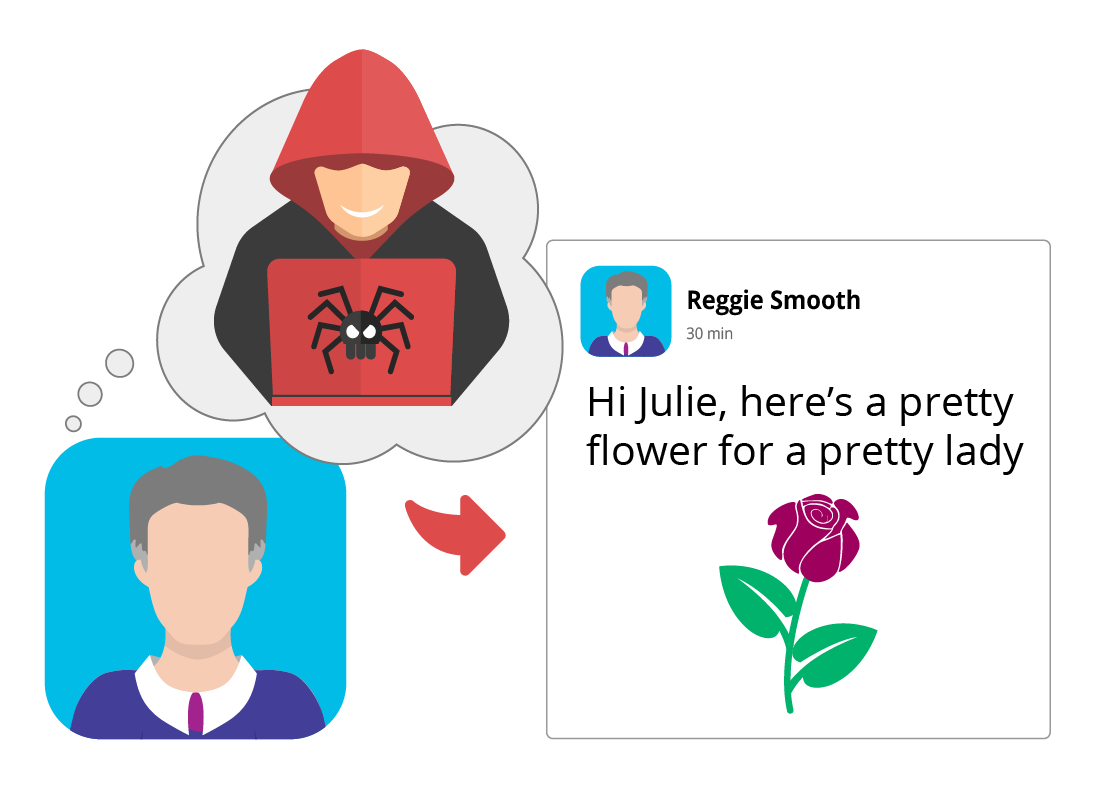
Common types of Facebook scams
The most common types of scams on Facebook include:
- Romance and fake emergency scams.
- Lottery scams.
Let's take a look at how they typically work.
How romance scams work
For romance scams, scammers create fake profiles posing as lonely, widowed or divorced people looking for companionship. Often, they claim to be from Australia, but living abroad.
The most common approach is to strike up a conversation with likely targets through a private message or online games like Words with Friends. They spend time building trust, and then create a fake story about having financial difficulties. This type of scam is also known as catfishing.
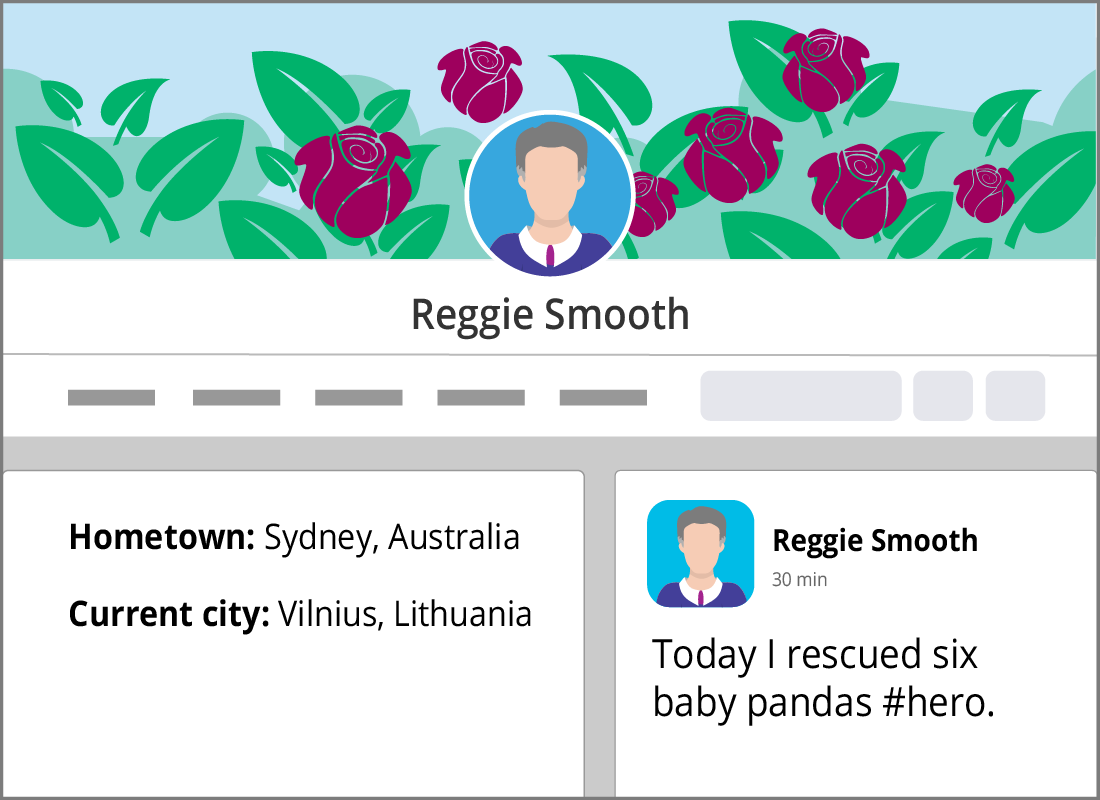
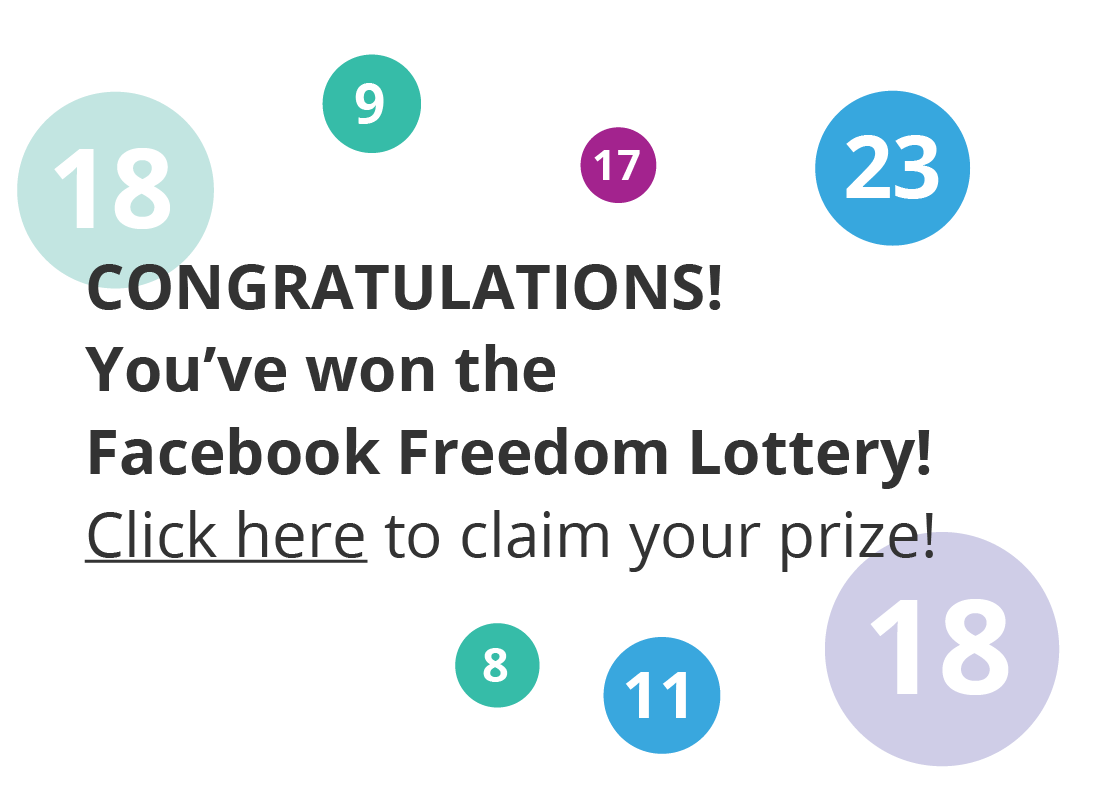
How lottery scams work
Similar to romance scams, lottery scams start with a scammer setting up a fake profile. They send posts telling people they have won a lottery draw, but need the 'lucky' winner to send a small advance fee in order to receive the winnings. Needless to say, the winnings never arrive.
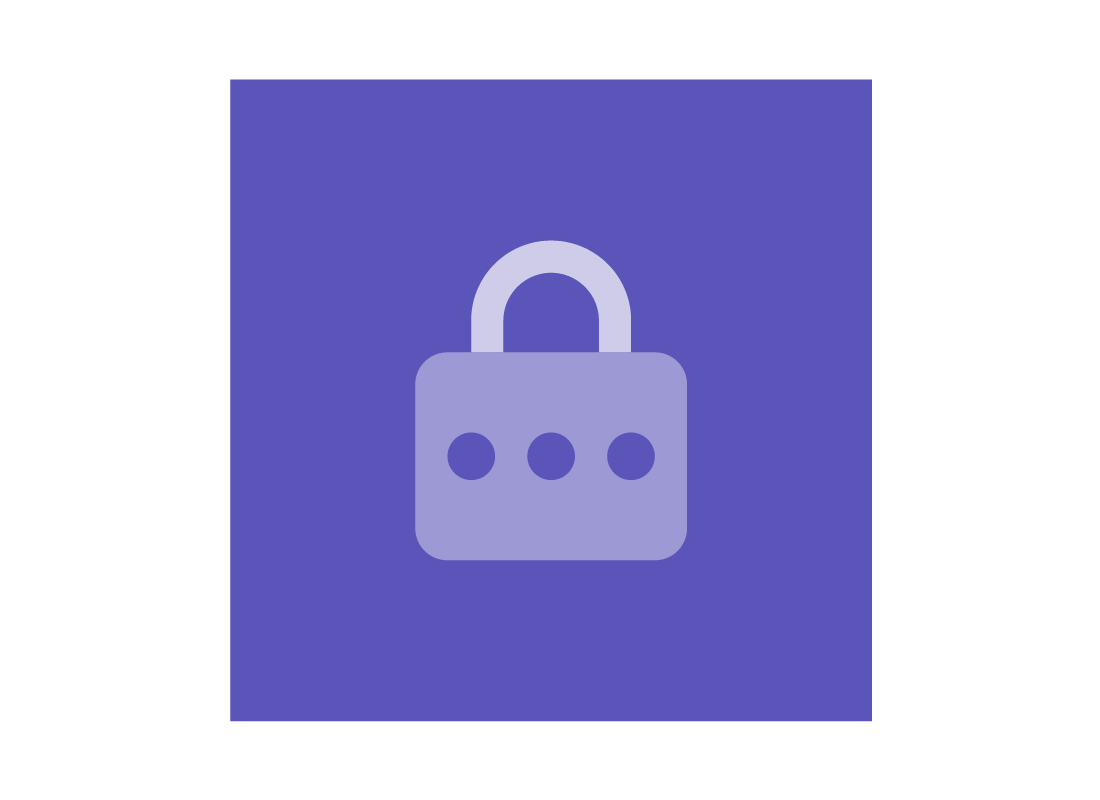
eSafety Tip
The top three warning signs of a scam are:
- People who express their feelings for you very quickly and then imply they need your help.
- Someone claiming financial hardship is stopping them from meeting you in person, or they have a medical or other emergency that requires money urgently.
- Inconsistencies in the person's story, and poor grammar and spelling in their writing.
It pays to keep a healthy scepticism for anything that seems 'too good to be true'. Chances are, it is. The Scamwatch website has some helpful information on how to spot different types of scams. You can find out more at https://www.scamwatch.gov.au/types-of-scams.
If you suspect you’ve been scammed or someone is trying to cheat you, immediately undertake the following:
- Report it to the Australian Competition and Consumer Commission (ACCC): Scamwatch at https://www.scamwatch.gov.au.
- Change your online passwords.
- If you’re concerned that you’ve lost money, contact your bank immediately.
- Seek counselling and support if you require it, to discuss your experience. The Scamwatch website also has some great links to organisations that can provide counselling.
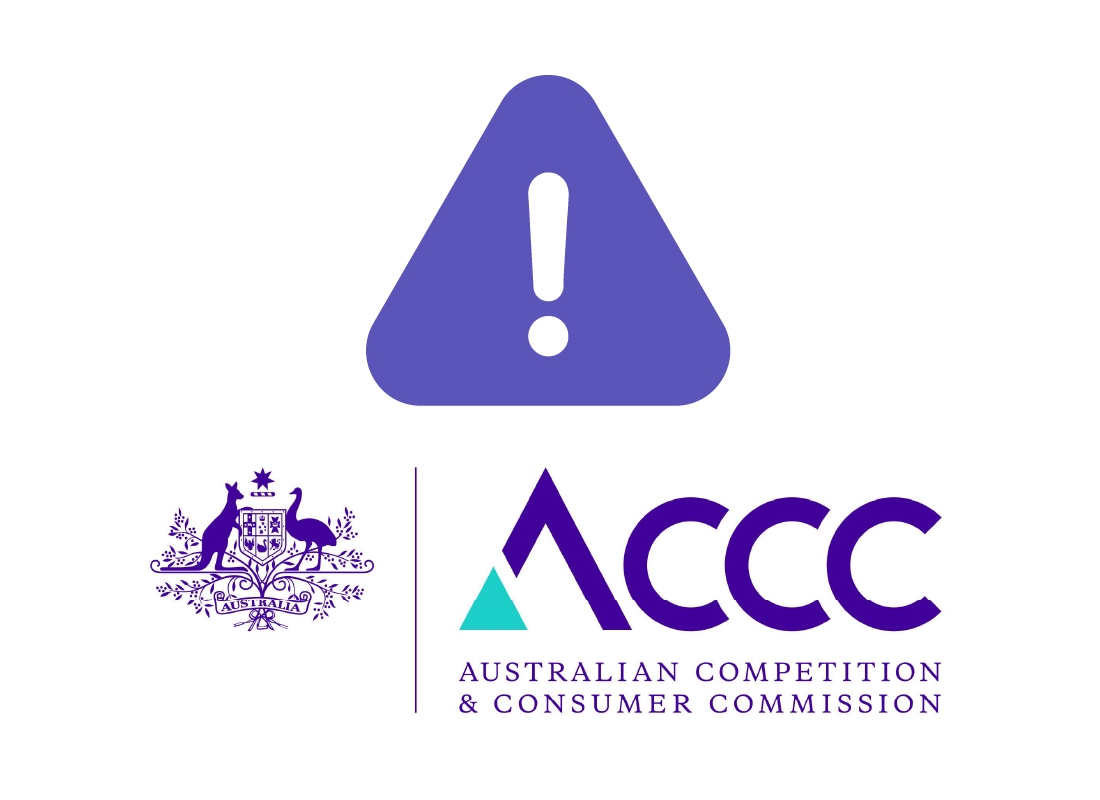
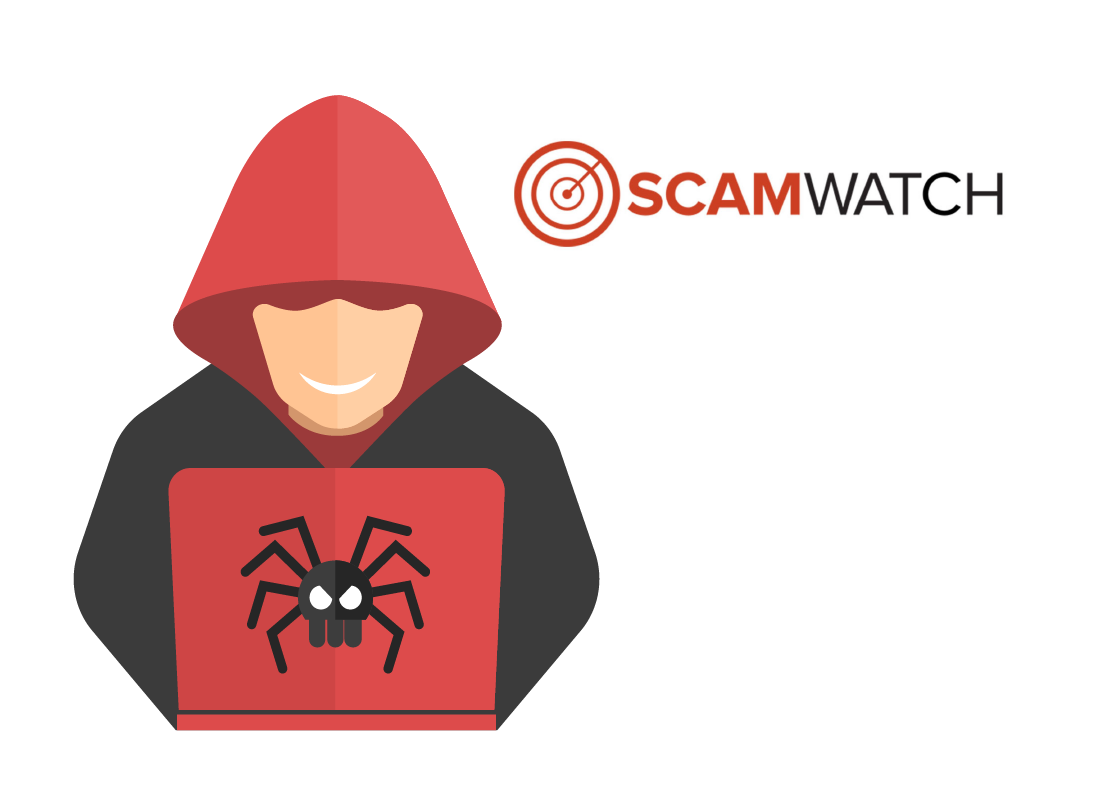
Congratulations
Well done, you’ve come to the end of the Facebook scams activity.
You’ve learnt how to identify common scams and how you can avoid falling victim to them by being vigilant and questioning offers that are too good to be true.
The next activity, Staying safer when using Facebook, will look at how to be cautious when posting and receiving information on Facebook.